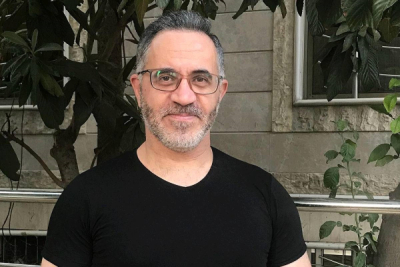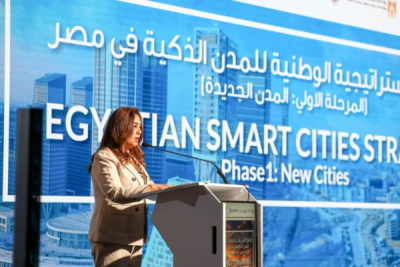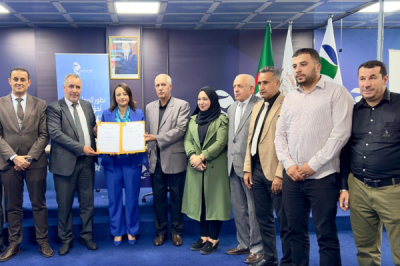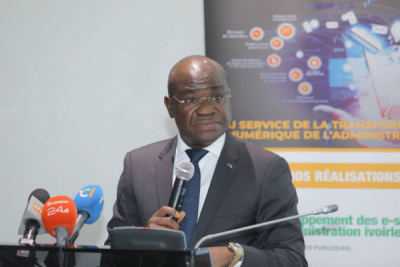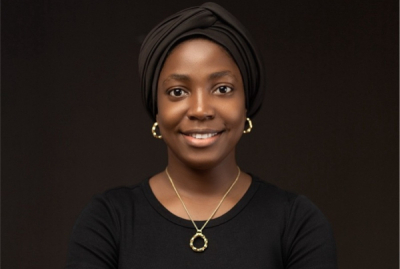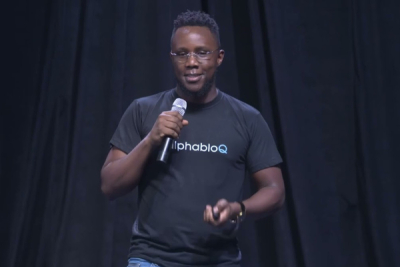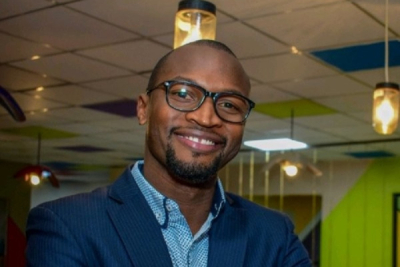This startup has launched an innovative legal technology, or legaltech, solution at the intersection of law and technology. It aims to serve as a localized, specialized legal AI option in Morocco.
Juridia, a digital solution developed by a Moroccan startup, is simplifying access to local laws using specialized Artificial Intelligence (AI) trained on the Kingdom’s legal corpus. The Rabat-based startup was founded in 2023 by Omar El Adlouni.
“We saw an opportunity: what if AI could simplify and centralize access to law? That's how Juridia was born, a company specializing in leveraging AI to improve access to legal resources,” El Adlouni said. “The goal was to create a platform that is not just a legal search engine, but a true conversational assistant capable of understanding legal questions and answering them with precision.”
Juridia’s AI has been trained exclusively on Moroccan legal texts, case law, and regulations. When a user poses a question, the tool provides a clear answer and includes the sourced legal excerpts (laws, decrees, and regulations) used to construct its response. Additionally, the platform can draft or rephrase contractual clauses, analyze legal risks, and ensure regulatory watch, all in multiple languages.
The solution aims to save time for legal practitioners while empowering non-specialists to better understand their rights. Amid growing focus on legal cybersecurity, compliance, and digital innovation, Juridia intends to contribute to the transparency of the Moroccan legal system.
Juridia offers tiered subscription plans to users. The “Individual” plan costs 490 Moroccan Dirhams (MAD), or about $54, per month, targeting individuals or independent lawyers. The “Professional” plan, priced at 990 MAD per month, is designed for law firms or mid-sized organizations, featuring additional functionalities and a secure collaborative space.
A bespoke, customized offering is available for large companies, which includes an Application Programming Interface (API), the integration of internal data, and personalized support.
Adoni Conrad Quenum





